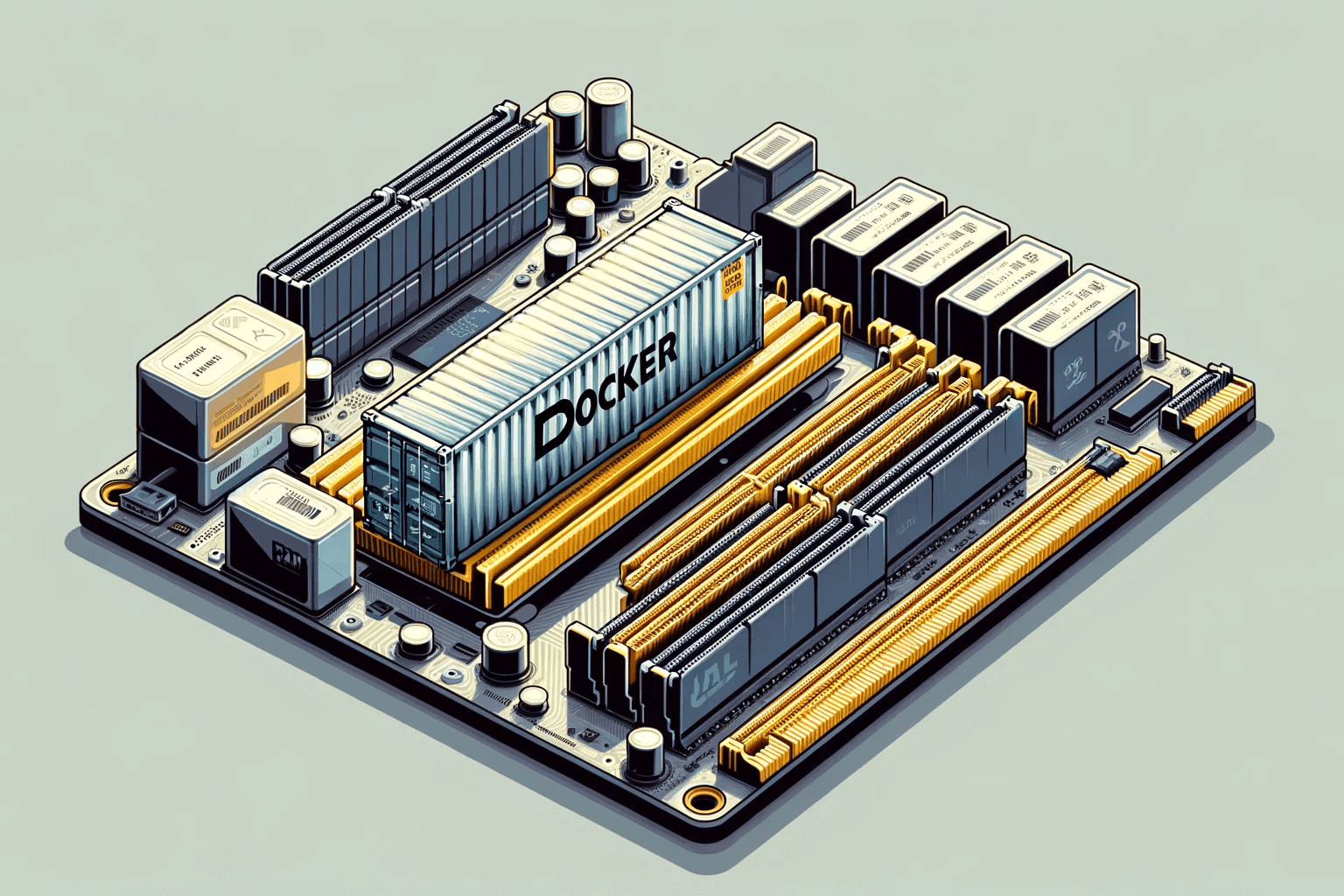In today's software development landscape, Docker containers are ubiquitous, fundamentally transforming how applications are built, shipped, and run. With millions of Docker containers in existence (estimates suggest there are over 100 million downloads of container images each month), a significant portion of these utilize Alpine Linux as their base image. Recent data indicates that approximately 20% of all Docker containers are based on Alpine Linux, reflecting its widespread adoption in the developer community. This high usage rate is no coincidence; Alpine Linux offers a range of benefits that make it particularly suited for Docker environments. This article explains why Alpine Linux has become a preferred choice for many Docker images, exploring its advantages from a minimalistic footprint to enhanced security, which collectively contribute to its popularity in container-based deployments.
Blog / Tags / Secure Docker Setup

